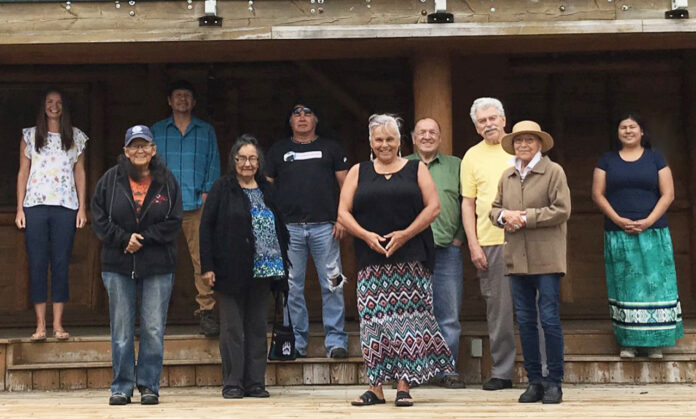THUNDER BAY – Viewpoint — Concerns are rising over the City of Thunder Bay’s efforts and management of its Indigenous Relations Office, particularly the prolonged inactivity of the Indigenous Advisory Committee. Despite the City’s stated commitment to strengthening relationships with Indigenous partners and communities, the Advisory Committee, a key element in these efforts, has not met in over a year.
The City of Thunder Bay emphasizes the importance of the Indigenous Relations Office in advancing Indigenous inclusion within the city’s opportunities and growth. According to the City, one of the Office’s main priorities is delivering cultural awareness training to improve the Corporation’s capacity to work effectively with Indigenous Peoples. The Office also advises and supports City staff in advancing reconciliation efforts.
With the City of Thunder Bay in the crosshairs of the national media and critical coverage expressed in a number of areas, the apparent failure of the current Indigenous Liaison Unit and its lack of foresight and focus likely means that incoming City Manager John Collins has some really difficult decisions to make.
Lack of Engagement and Inactive Advisory Committee
The Indigenous Advisory Committee plays a crucial role by providing guidance, support, and direction to the Indigenous Relations Office. It helps the City connect with the community and gain insights on issues of protocol, traditional practices, and ceremonies. However, the committee’s lack of meetings in over a year raises significant concerns about the City’s genuine commitment to these goals.
Elders on the committee have expressed frustrations to NetNewsledger, voicing that their input is being ignored. This disconnect is troubling, especially given the City’s stated goal of ensuring that the Indigenous community’s voices are heard and respected.
Focus on Festivals Over Reconciliation
Adding to the concerns is the perception that the Indigenous Liaison Unit is prioritizing annual music festivals over meaningful reconciliation efforts. While cultural events can play a role in community building and awareness, they should not overshadow the need for substantial, ongoing engagement with Indigenous communities on pressing issues.
Elder Concerns and Lack of Action
The Elders’ feedback suggests a lack of meaningful consultation and action. Their concerns highlight a potential misalignment between the Indigenous Relations Office’s activities and the community’s needs. The Elders stress that genuine reconciliation requires consistent, respectful dialogue and tangible actions, not just symbolic events.
The Path Forward
For the City of Thunder Bay to regain trust and make meaningful progress in its Indigenous relations, it must address the following:
- Reactivate the Indigenous Advisory Committee: Immediate steps should be taken to ensure the committee meets regularly and that its recommendations are acted upon.
- Prioritize Genuine Engagement: The City must demonstrate a commitment to listening to and addressing the concerns of Indigenous communities, particularly the Elders who hold crucial knowledge and perspectives.
- Balance Cultural Events and Reconciliation Efforts: While cultural events are valuable, they should complement, not replace, ongoing reconciliation efforts and substantive engagement with Indigenous communities.
- Transparency and Accountability: The Indigenous Relations Office should provide regular updates on its activities and progress toward its goals, ensuring transparency and accountability to the community.
Conclusion
The City of Thunder Bay has articulated a vision of inclusivity and reconciliation with Indigenous communities. However, this vision must be matched by consistent, meaningful actions. The inactivity of the Indigenous Advisory Committee and the concerns of the Elders indicate that there is much work to be done.
Moving forward, it is crucial for the City to listen to and act upon the guidance of Indigenous voices to truly advance reconciliation and inclusion.







